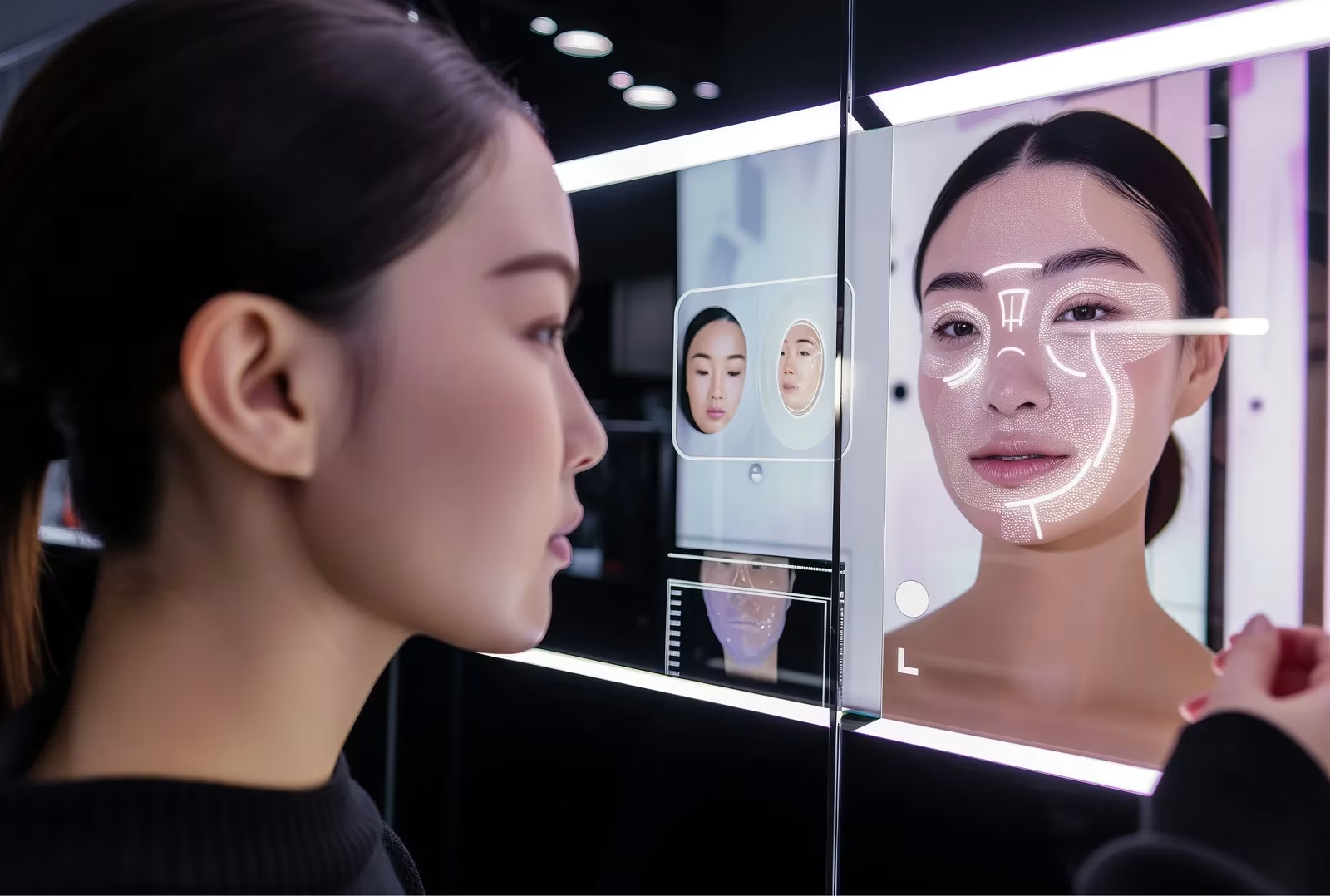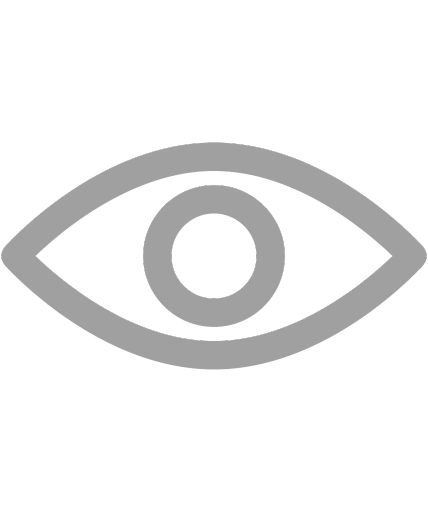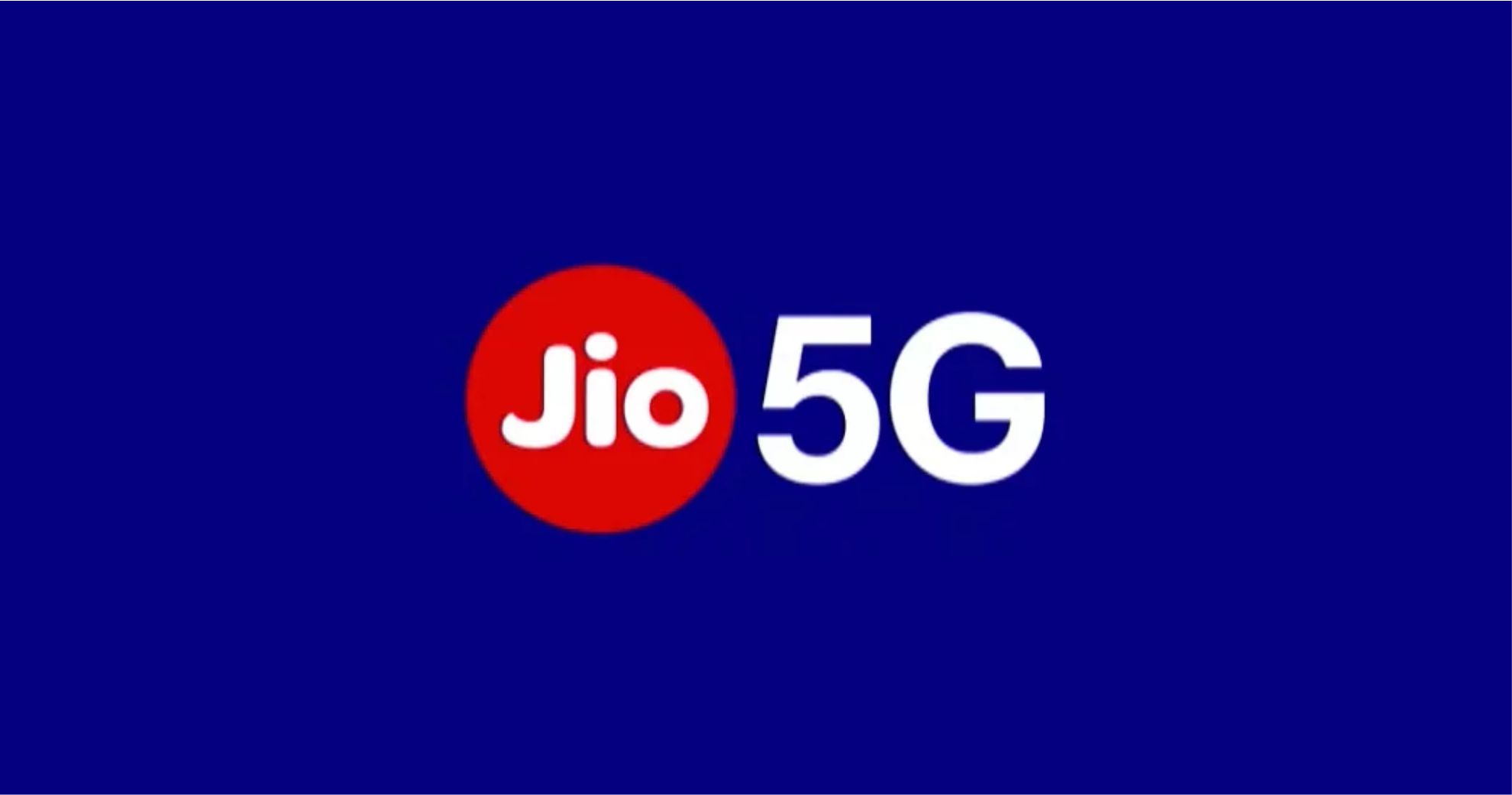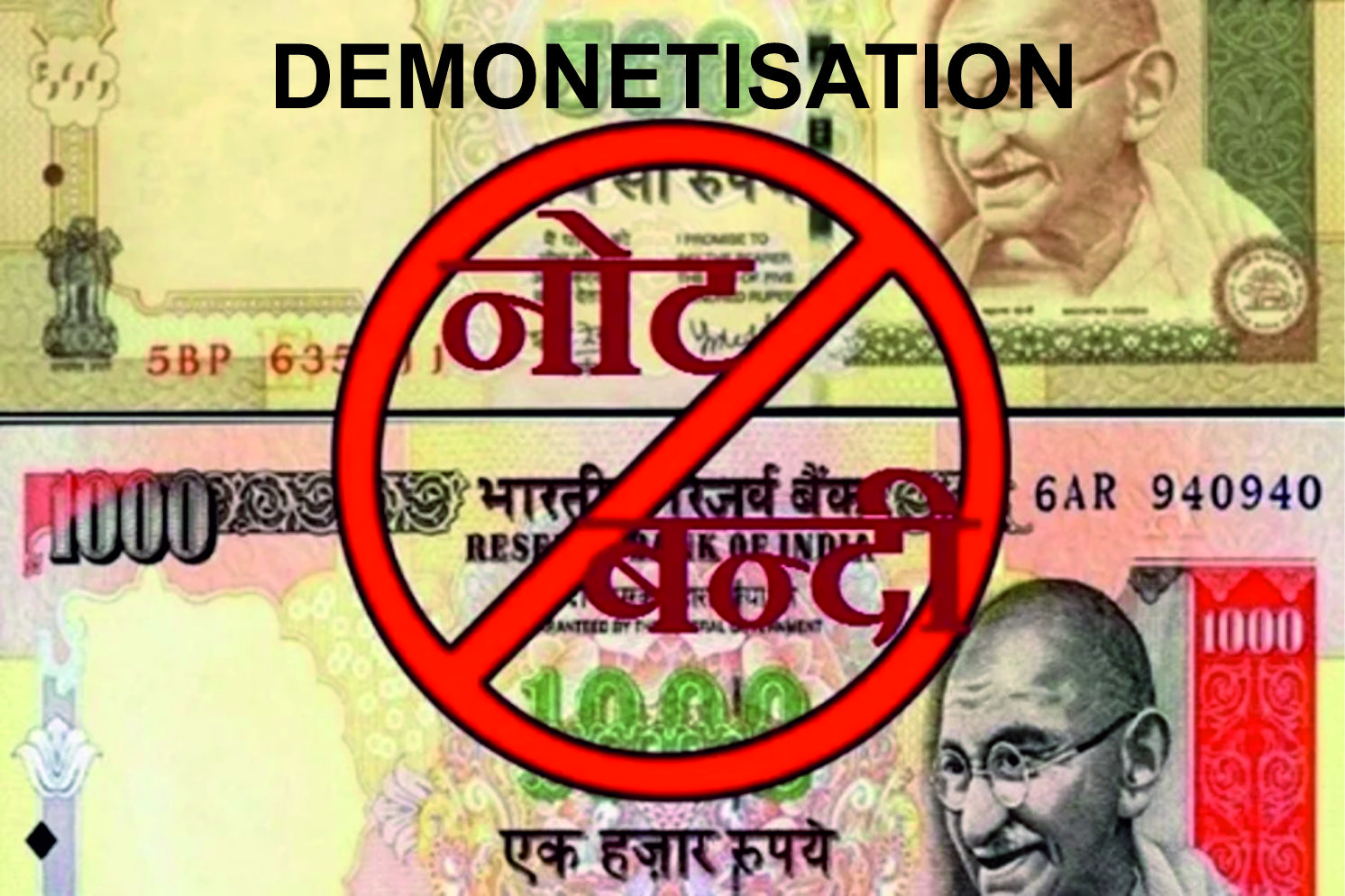AI x Cosmetics: How Artificial Intelligence is Redefining the Beauty Industry

In the past decade, the global beauty industry has evolved from being purely product-centric to becoming a deeply personalized, tech-integrated sector. The driver of this transformation? Artificial Intelligence (AI). As consumers increasingly demand individualized solutions and brands seek efficiencies in product development and marketing, AI has emerged as a game-changing force across every touchpoint of the beauty value chain.
From formulating the perfect foundation to forecasting the next viral skincare trend, AI is helping brands create smarter products, streamline operations, and deliver hyper-personalized experiences. This article dives deep into how AI is shaping the future of cosmetics—and the brands leading the charge.
1. AI in Product Formulation: Precision and Speed in the Lab
Traditionally, cosmetic product development is a laborious process involving months of trial-and-error in labs, stability testing, and consumer trials. AI is now revolutionizing this with predictive analytics, molecular simulation, and ingredient mapping.
Case Study: Albert Invent
Oakland-based Albert Invent developed an AI-powered platform called BeautyCreations, which uses a proprietary dataset of over 15 million molecular structures. This platform enables cosmetic chemists to:
-
Simulate ingredient interactions digitally.
-
Predict outcomes like texture, efficacy, shelf stability.
-
Optimize formulations before physical testing begins.
This not only accelerates time-to-market but also significantly reduces R&D costs and environmental waste. For formulators, it's a leap from reactive to data-driven proactive development.
2. AI-Powered Personalization: From Skin Scans to Shade Matching
AI's ability to process and learn from massive datasets has enabled personalized skincare and makeup solutions that were once unthinkable. Today’s beauty consumers—especially Gen Z—expect products that cater to their exact skin type, tone, lifestyle, and values.
Virtual Try-On and Diagnostics
Brands like Clinique, Shiseido, Estée Lauder, and NARS are investing in tools that allow consumers to:
-
Use smartphone cameras to scan skin and detect conditions like dryness, acne, or hyperpigmentation.
-
Virtually try on makeup shades and textures using AR + AI technology.
-
Get AI-recommended skincare routines based on lifestyle factors and real-time skin analysis.
Example: L’Oréal’s Bioprint Technology
L’Oréal has developed Perso, a 3-in-1 smart skincare device that uses AI to assess environmental factors (humidity, UV index), scan the user’s skin, and dispense a personalized formula daily. This not only supports health-conscious beauty but also reduces overconsumption and product waste.
3. Top AI Trends Shaping the Cosmetics Industry
1. Generative AI in Content and Personalization
AI engines like Haut.AI and Revieve use generative models to create personalized beauty profiles based on facial analysis, skin imaging, and survey data. Haut.AI, for example, just won the 2025 BeautyMatter Award for Best Breakthrough Omnichannel Tech.
It enables:
-
Personalized landing pages.
-
Custom skincare product recommendations.
-
Visualized aging simulations and progress tracking.
2. Sustainability via AI Modeling
AI helps companies model eco-friendly formulations, packaging impact, and product lifecycles before launching. This is a crucial step toward meeting ESG targets and consumer expectations around green beauty.
3. Predictive Trend Analytics
AI systems scrape data from TikTok, Instagram, Reddit, and Google Trends to predict beauty trends. Brands can now forecast:
-
Which ingredients (e.g., niacinamide, bakuchiol) are rising.
-
What aesthetics Gen Z is engaging with.
-
Regional preferences for textures and formats.
4. Conversational AI and Beauty Chatbots
Retailers like Sephora, Ulta Beauty, and Walmart have deployed AI chatbots and voice assistants to:
-
Help users find products.
-
Answer skin concerns.
-
Book consultations or schedule services.
These AI assistants work 24/7 and learn from interactions to get smarter over time.
4. Gen Z: The AI-Native Beauty Consumer
Gen Z’s influence on beauty cannot be overstated. This generation:
-
Embraces tech-forward, minimalist routines.
-
Demands authenticity and sustainability.
-
Engages with beauty via social media, especially TikTok and YouTube.
AI helps brands adapt by enabling real-time product matching, supporting inclusive shade ranges, and creating transparent ingredient journeys—which Gen Z highly values.
5. Strategic Business Moves: Companies Investing in AI
e.l.f. Beauty
-
Q2 revenue reached $332.6 million, up 3.6% YoY.
-
Investing in AI-powered consumer insights tools to guide product drops.
-
Lean digital strategy has made it one of the fastest-growing brands in mass-market beauty.
L’Oréal Group
-
Has built one of the largest tech incubators in the beauty space.
-
Partnered with Modiface (an AR/AI company) and multiple startups for skin diagnostics, virtual try-ons, and AI R&D tools.
-
Recently unveiled AI skin diagnostic kiosks in flagship stores.
Walmart
-
Hired Daniel Danker (ex-Instacart) to lead global AI strategy.
-
Using AI for inventory management, beauty personalization, and digital retail interfaces.
-
Integrating AI tools to curate localized assortments based on regional shopping patterns.
Youthforia: A Failed Lesson
-
Despite viral popularity, the brand is shutting down after four years.
-
Struggled to keep up with AI-enabled customization and consumer feedback loops.
-
Highlights how lack of tech integration can be a liability in today’s fast-paced beauty landscape.
6. The Future: Merging Wellness, Biotech, and AI
The next evolution in AI x Beauty will merge cosmetics with health and biotechnology:
-
Neuro-cosmetics: Products that respond to emotional cues or stress.
-
Skin twins: AI-generated virtual skin avatars to test products.
-
Microbiome modeling: AI predicting skin’s bacterial balance and adjusting products accordingly.
Companies like L’Oréal, Unilever, and Johnson & Johnson are already investing in these next-gen technologies.
Conclusion: Beauty Meets Intelligence
AI has rapidly shifted from being a support function to becoming the centerpiece of beauty innovation. Whether through rapid product development, deep consumer understanding, or seamless personalization, AI is powering a smarter, faster, more inclusive beauty ecosystem.
The brands that will dominate the next decade are those that blend science, technology, and emotion—delivering not just products, but experiences designed for each individual consumer.



 222
222

 The BharatBiz
The BharatBiz
 16
16

